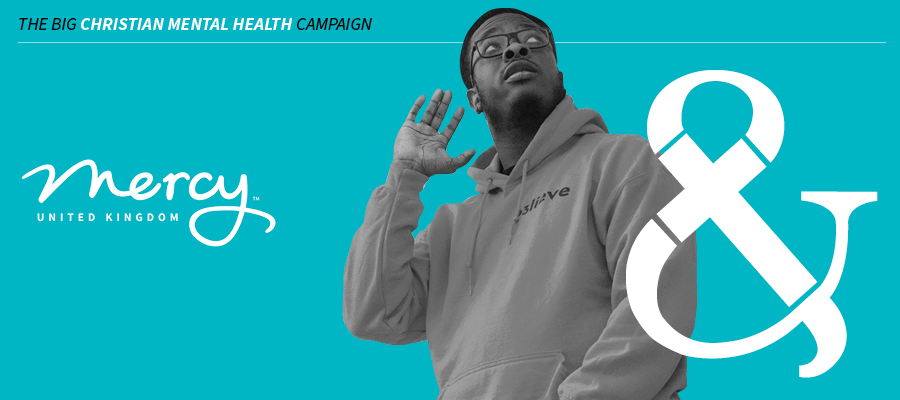Helping you navigate the tension between faith & mental health by looking at a tension point, a talking point and a truth to ponder.
Tension Point
“I’ve always struggled with change and the uncertainty it can bring. But I also know this fear is stopping me from stepping out into new things and plans that God might have for me.”
Talking Point
As I write this, the sun is pouring in through the window. I can smell the warmth in the air. The birds are chirping and I can see some gathering twigs for a nest. Spring is upon us! We are officially in transition. Moving from one season to the next.
Which brings to mind life transitions: those periods of time where you are moving from one thing to the next. Are you in one right now? Maybe you are about to get married, or you find yourself suddenly alone. Maybe you are helping a child settle into university and navigating an empty nest or maybe you’ve just had a baby and are figuring out a whole new life stage on very little sleep! Maybe you’re buying your first house, or moving house, changing your career, or retiring from one.
Transition is hard and for many of us (myself included) that change from one thing into the next is rarely cut and dried- usually it’s messy and chaotic. Transition can be exhausting, mentally and emotionally difficult to navigate, and it can make us feel out of control and anxious. We feel vulnerable, overwhelmed, afraid and unsure of ourselves.
The temptation then, is to resist transition, try to ignore it, or rush through it as quickly as possible and try to regain a sense of control and order.
But nature teaches us that transition is a necessary part of the life cycle. Transition and change are beautiful in the same way that a tree moving from Summer to Autumn, with its mix of colours is beautiful. Nature teaches us that transition is vital for growth and for bearing fruit, it also teaches us that what may look like an ending, is in fact a new beginning.
Truth to Ponder
If you’re finding yourself in a transitional life stage-a season of change right now, then here are some key things that can help you cope:
Embrace the change. Accept that change and transition are a normal part of life’s cycle. Make your peace with the fact that Change is here to stay.
Expect to feel uncomfortable. It’s not a sign that you’re not coping, it’s just discomfort. Learn to find comfort on an uncomfortable journey.
Set your sights on the outcome. What is on the other side of this transition? New opportunities? New relationships? More time, more purpose?
Take care of yourself along the way. Don’t just get your head down and push through the season of discomfort. Look up every now and then, breathe, take in your surroundings. Learn to identify and express your feelings.
Access your support system. Friends, church community, neighbours, family- don’t be afraid to ask for help. Communicate your need for company, someone to talk to or relax with, whilst you adjust to your new season.
Get closure. One of the most effective ways of setting you up for what’s next is by deliberately letting go of what was. Feel the sad feelings that come with letting go, and allow yourself the luxury of goodbye.
Hold on to the One that is Unchanging. The bible tells us that God is the same yesterday, today and forever. He is the beginning and the end and every season change that leaves us feeling unstable, insecure and without an anchor is best lived with Jesus at the centre of it.
If you are struggling with a life transition, if you can’t seem to get a grip on yourself, then grip on to Jesus. Hold on to Him and He will be your anchor (Hebrews 6:19). He will help you take the next step, and then the next from whatever season you’re in that is ending, into the next season full of hope and possibility.








































